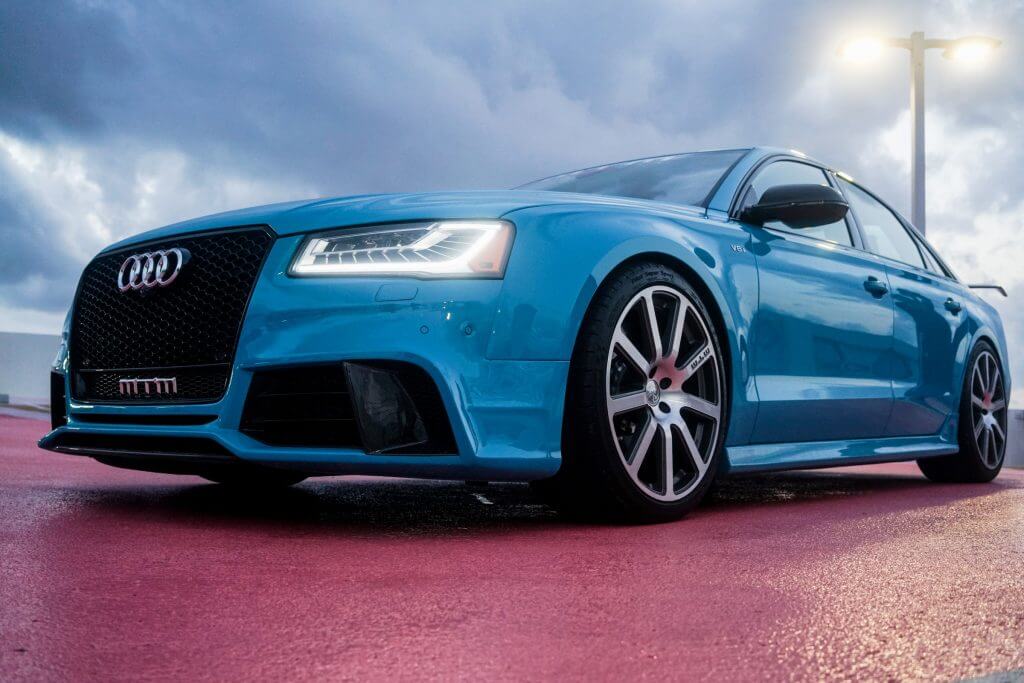
Buying versus Leasing a Car
Buying versus leasing a car is one of the important considerations in your life or in your business as it grows. Whether it’s a first vehicle or a fleet, there are pros and cons to both, so let’s get down to it.
Buying a car
Whether it’s a full payment or a down payment with monthly loan repayments, you’ll deal with a high up front cost when you buy a vehicle outright. Although, one of the advantages is that you’ll have ownership of the car.
You’d prefer buying if you:
- want ownership of the vehicle
- do not consider a new vehicle often
- travel a considerable amount in your vehicle annually
- do not want to be locked into a fixed term contract.
Leasing a car
Operating and finance lease are two types of lease arrangement:
- Operating leases — run for 36 months with requirements to stipulate anticipated mileage at the beginning of the lease. Obviously, there’s no right of ownership at the end of the lease term.
- Finance lease — is normally a 46-month term with an option to purchase the vehicle at the end of the term. There’s no penalty for excess mileage.
You might prefer leasing for a number of reasons:
- it’s easier to budget a fixed monthly rental cost
- the monthly rental can cover the maintenance and insurance costs
- as an operating expense, leased vehicles are fully tax deductible
- to improve your business’ gearing ratio, your vehicle will not be on the company’s balance sheet in an operating lease
- you have the option to upgrade your vehicle at the end of the lease term or purchase it for the residual cost in a finance lease.
Make sure your contract is a closed-end lease, which is a standard and sets a specific amount for a depreciation cost for you to pay.
Disadvantages of leasing a car
- you wouldn’t want to be locked into the lease if you decide to break a 3-year lease halfway through. You’ll have to pay the remainder of the lease and any termination fees included in the agreement.
- you’ll be charged extra at the end of the lease for anything that decreases the resale value of the car — wear and tear, including scratches and dings.
- you‘ll probably have to pay extra if you’ve customised the vehicle in any way, even if it seems like added value to the car.
- you’ll have to pay if your petrol gauge surpasses the limit you have agreed to in your lease contract.
The rate of car depreciation is a big factor in deciding whether to buy or lease. Within three years, it’s now common for a vehicle to lose half of its market value. It’s nonsensical to put a capital towards an asset that depreciates quickly.
Also, if you like a new car every few years, a lease is probably a better option for you. When you buy and sell a car every few years, you’ll end up with lots of negative equity, which is not good.
If you liked our “Buying versus Leasing a Car” and took away some useful and valuable information, check our blog space regularly for more tips to get out of debt and updates on the best budgeting apps in Australia.




